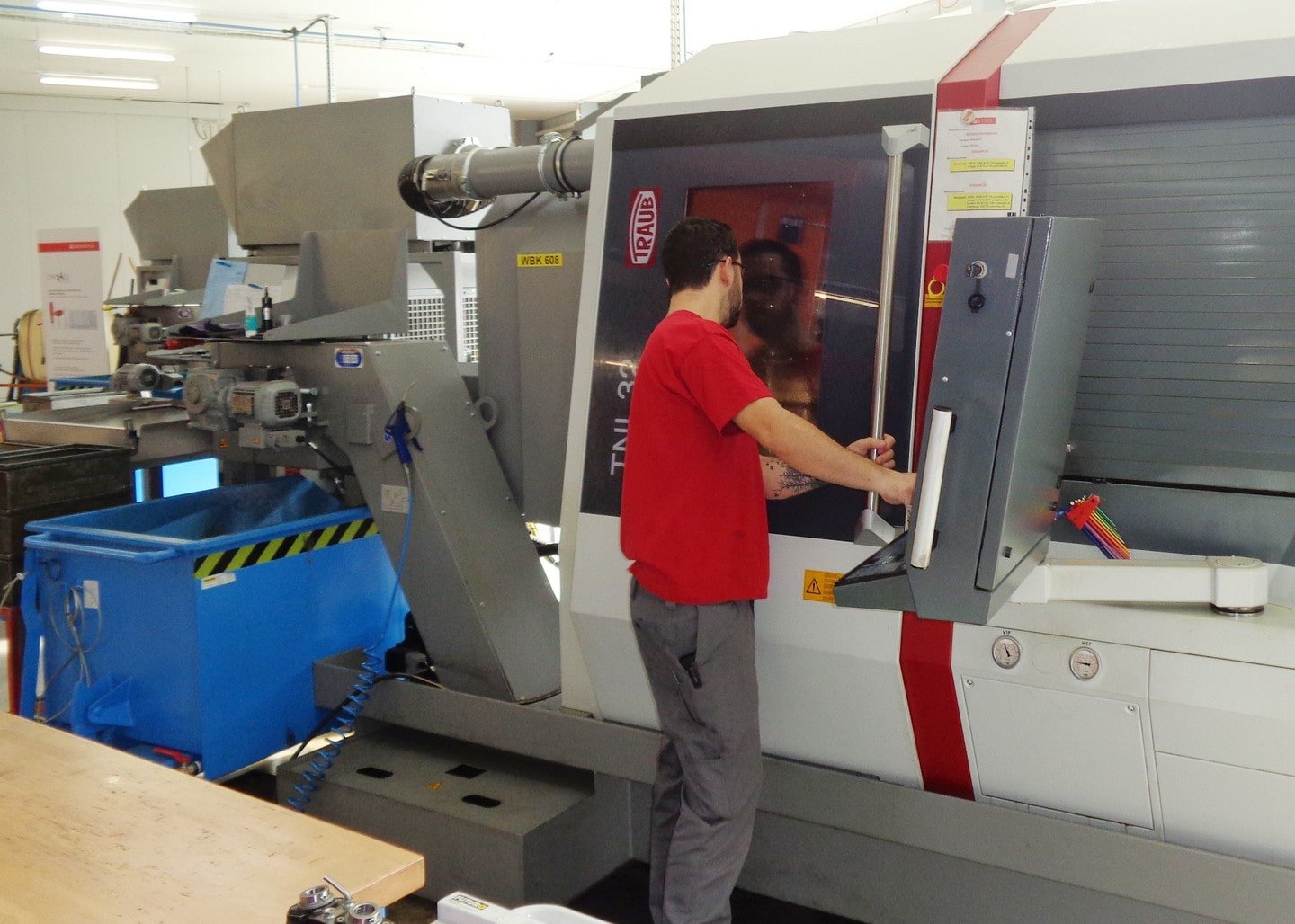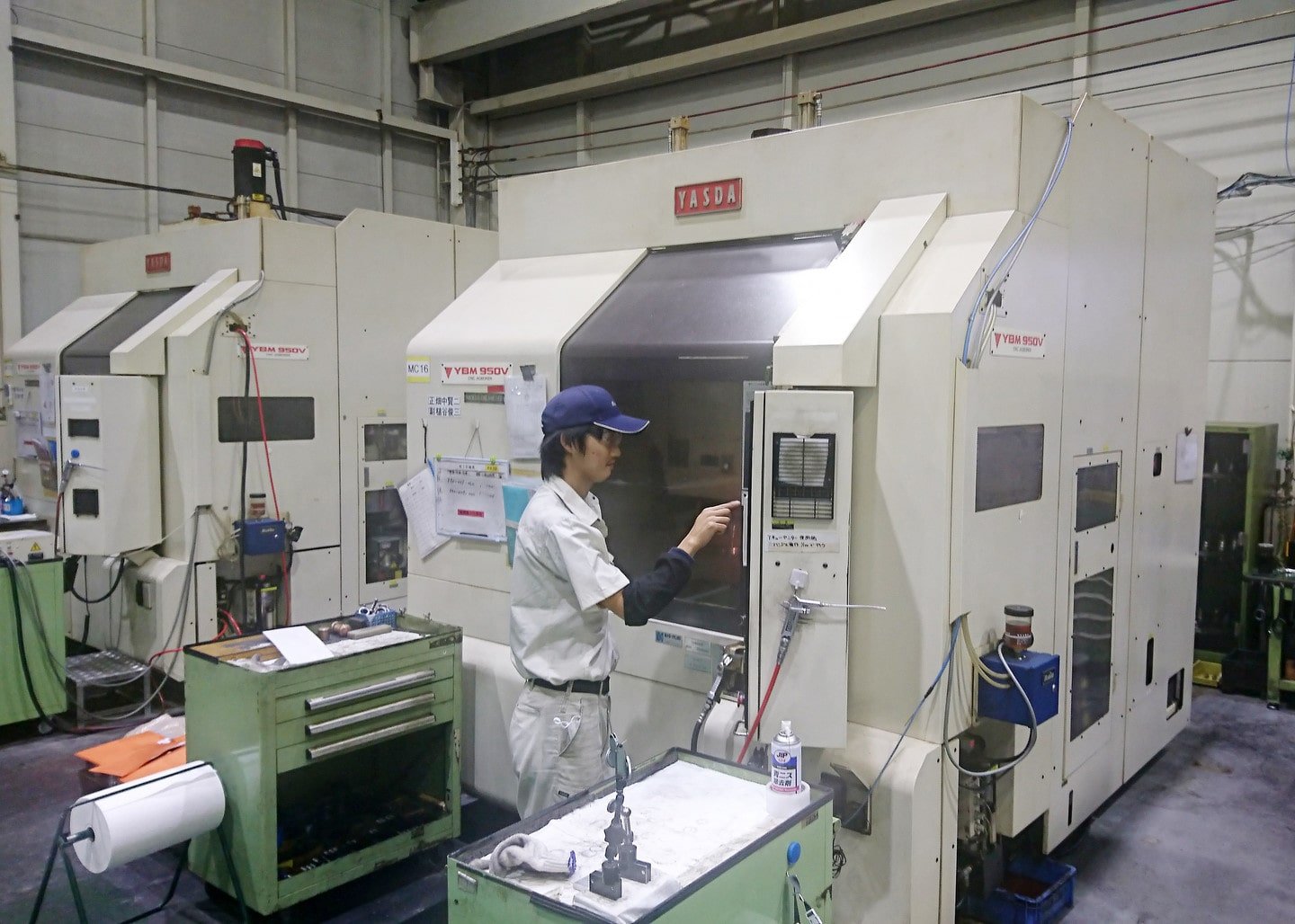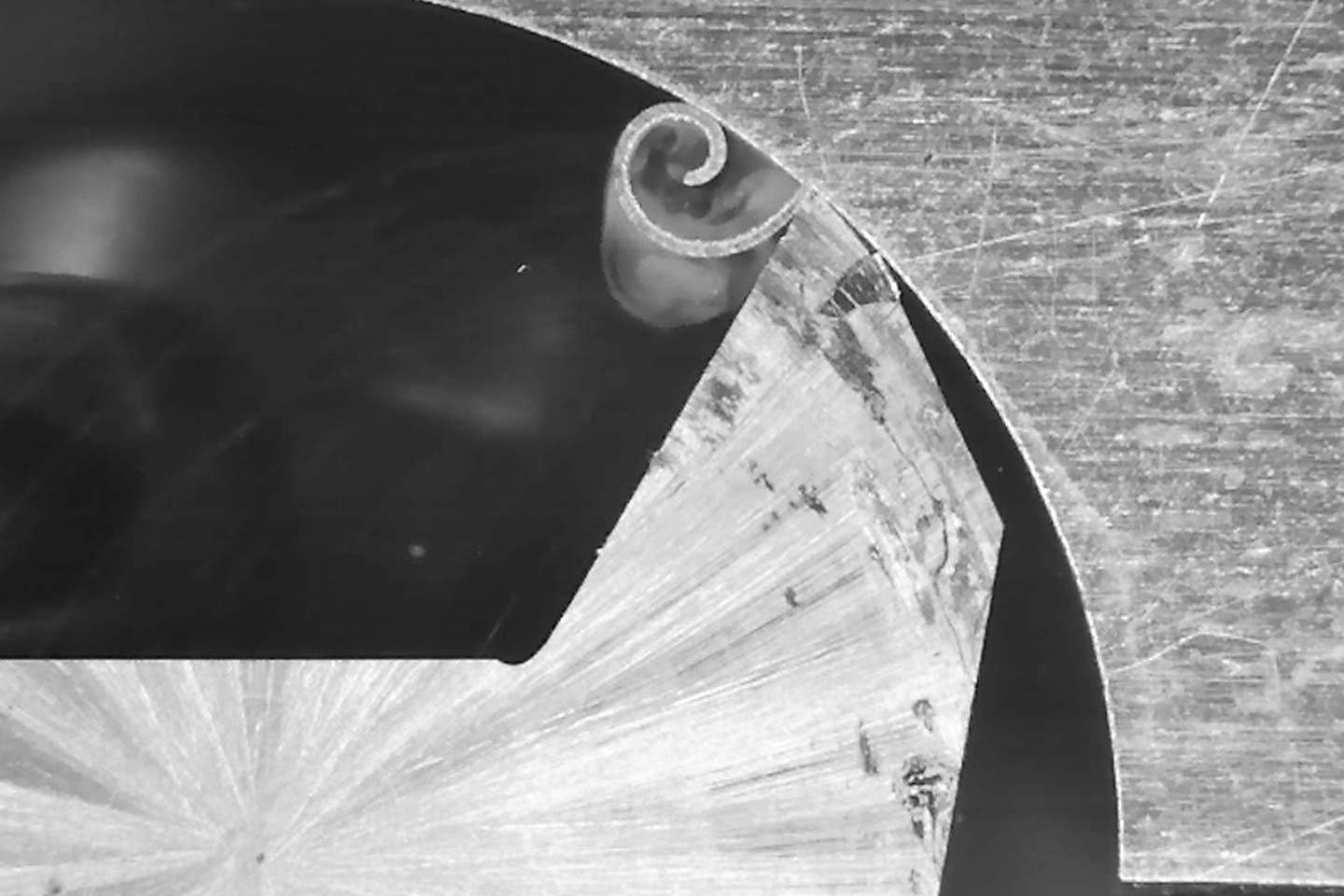Production durable grâce au Liquid Tool
Siège social à Triengen, Suisse
Trisa AG, l’un des principaux fournisseurs mondiaux de produits bucco-dentaires, capillaires et de soins personnels, a rencontré des problèmes dans sa production : Il utilisait un liquide de refroidissement instable qui devait être changé tous les deux à trois mois, décoloré et laissait des taches sur les métaux non ferreux et l’aluminium. Après une analyse approfondie par les spécialistes de Blaser Swisslube, les processus de tournage et de fraisage ont été convertis au liquide de refroidissement Vasco 5000. Les résultats ont été gratifiants : La durée de vie du carter d’émulsion a quadruplé, le processus a été stabilisé et la décoloration a été éliminée.
Trisa employs around 1,100 people in its entire group. The employee- and family-run company was founded in 1887 and has been in the hands of the Pfenniger family for four generations. While 50,000 toothbrushes were produced each year in the 1950s, this number has now risen to over one million a day. In 2018, consolidated sales amounted to 219.6 million Swiss francs. Trisa is based in Triengen in the canton of Lucerne.
Andreas Meier, Head of Production at Trisa, contacted Blaser Swisslube in 2018. He was unhappy with the coolant situation in his company and was considering switching to Blaser Swisslube products. Following a change in its formulation, the coolant used had been unstable for some time. Additives had to be added constantly, but the emulsion sump life was still only around two to three months. In addition, there was staining on copper alloys and aluminum. This meant that tools had to be cleaned before machining. In short: process security in production was unreliable.
The objectives were clearly identified at the start of cooperation: firstly, a stable, sustainable process needed to be achieved, secondly, both coolant discoloration and staining on metals needed to be eliminated.
A Blaser application engineer visited the production site to get a precise picture of the situation in production. Different materials are processed, such as various grades of steel, copper alloys, aluminum and plastics. A variety of operations are used, such as milling, turning and grinding. “We also checked the water quality and found that only soft water is available. All of these factors influence the choice of the right coolant,” explains Marco Frey.
The Blaser application technician recommended the use of Vasco 5000 for milling and turning. This coolant is based on renewable raw materials and is free from mineral oils. “The natural polarity of the oil molecules ensures excellent performance. Thanks to the compactness of the lubricating film, Vasco 5000 is stable under high pressures and temperatures,” says Frey. Before the changeover, the people in charge at Trisa checked the coolants compatibility with aluminum and copper. As part of an immersion test, aluminum and copper parts were immersed the coolant and then the behavior of the coolant and materials was evaluated. The results were positive.
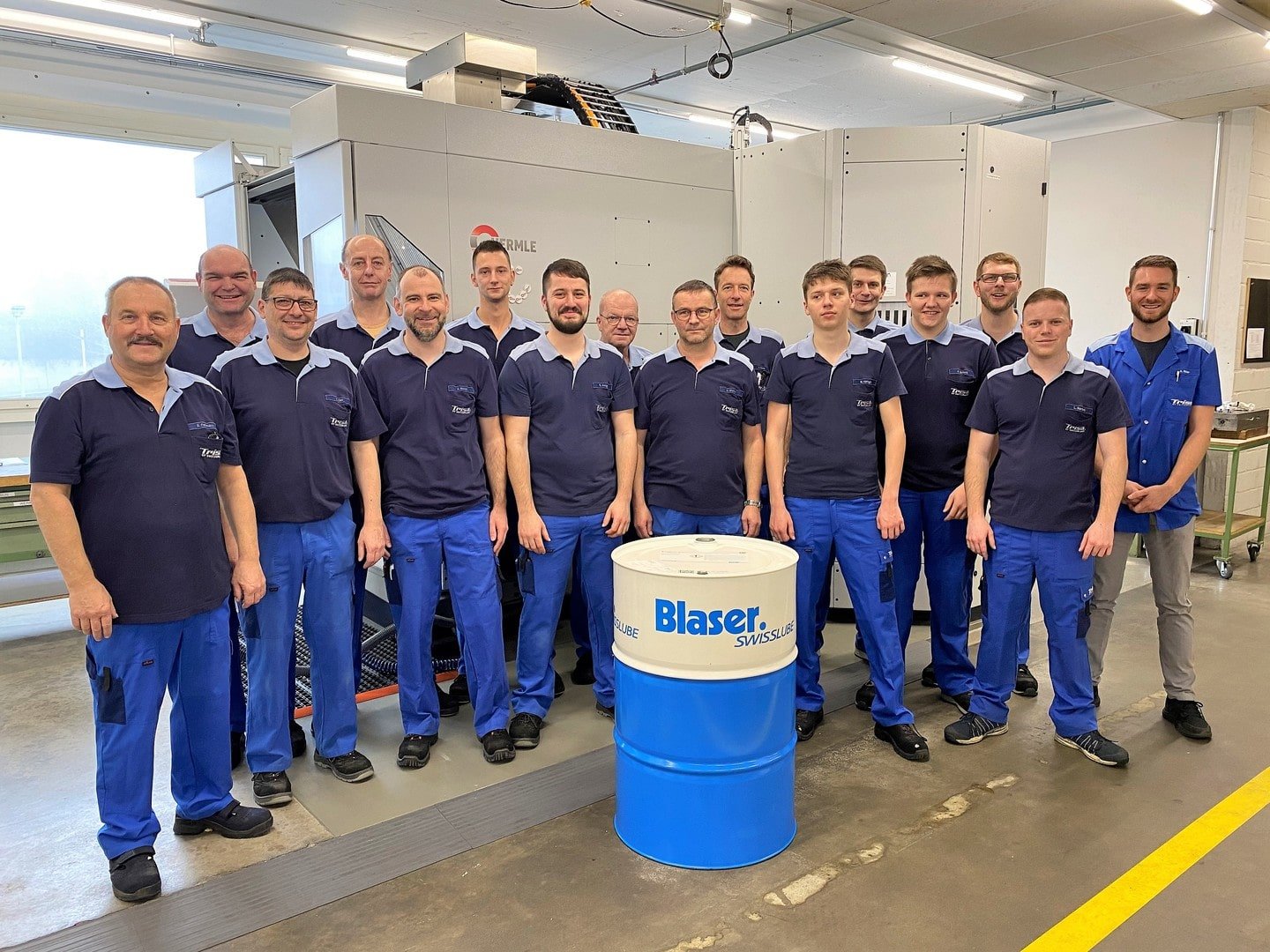
Equipe de production et de montage chez Trisa
Un processus stable
Le changement dans les opérations de fraisage et de tournage s’est également rapidement avéré être un grand succès, rapporte Marco Frey : « La durée de vie du carter d’émulsion est maintenant de plus de douze mois, soit une multiplication par quatre. Les processus sont également très stables. La mousse et les résidus appartiennent au passé ! »
Qualité de surface améliorée, expertise partagée
Le passage au Vasco 5000 a permis d’éliminer complètement les taches sur l’aluminium et le cuivre. La décoloration du liquide de refroidissement n’est également plus un problème. Blaser Swisslube a joué un rôle majeur dans la supervision du changement de liquide de refroidissement et a également proposé des cours de formation sur la manipulation et la maintenance optimales du liquide de refroidissement, visant également à sensibiliser les employés de Trisa à la surveillance.
« Nous sommes très satisfaits des produits et services de Blaser Swisslube. Les sessions de formation organisées sur notre site ont été très instructives et nous avons acquis beaucoup de connaissances sur l’entretien et la manipulation corrects des liquides de refroidissement », souligne Andreas Meier, responsable de la production chez Trisa.
La collaboration entre Trisa et Blaser Swisslube s’est rapidement étendue à d’autres processus de fabrication – avec des résultats tout aussi gratifiants. Les coûts d’usinage ont été réduits d’un tiers pendant l’érosion, tandis que les processus de broyage ont été remplacés avec succès par les huiles de broyage Blaser. Trisa a réalisé des économies en rationalisant sa gamme. Des formations régulières assurent le meilleur transfert de connaissances possible. Trisa et Blaser Swisslube ont l’intention de continuer à travailler ensemble à l’avenir pour augmenter encore la productivité, la sécurité des processus et la durabilité.
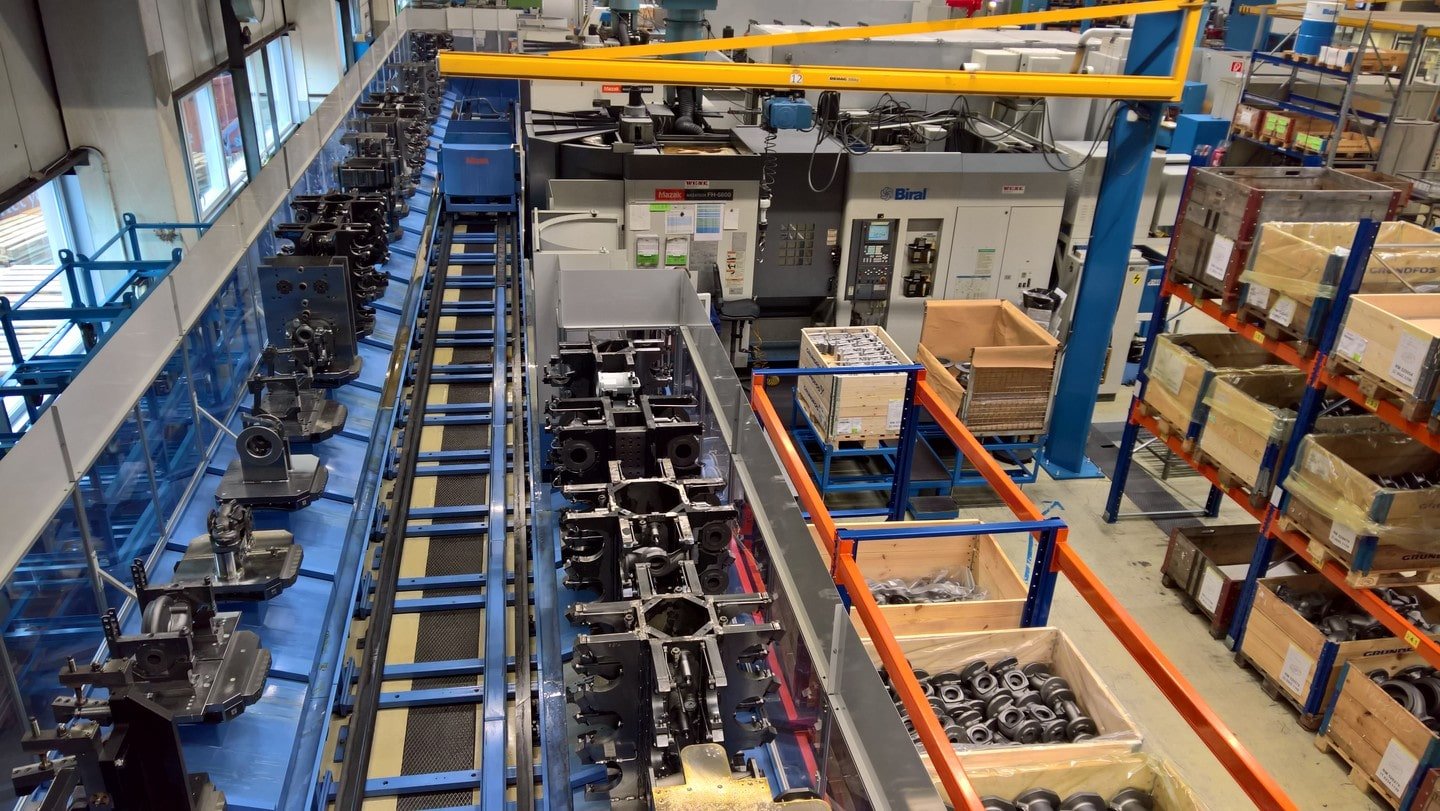
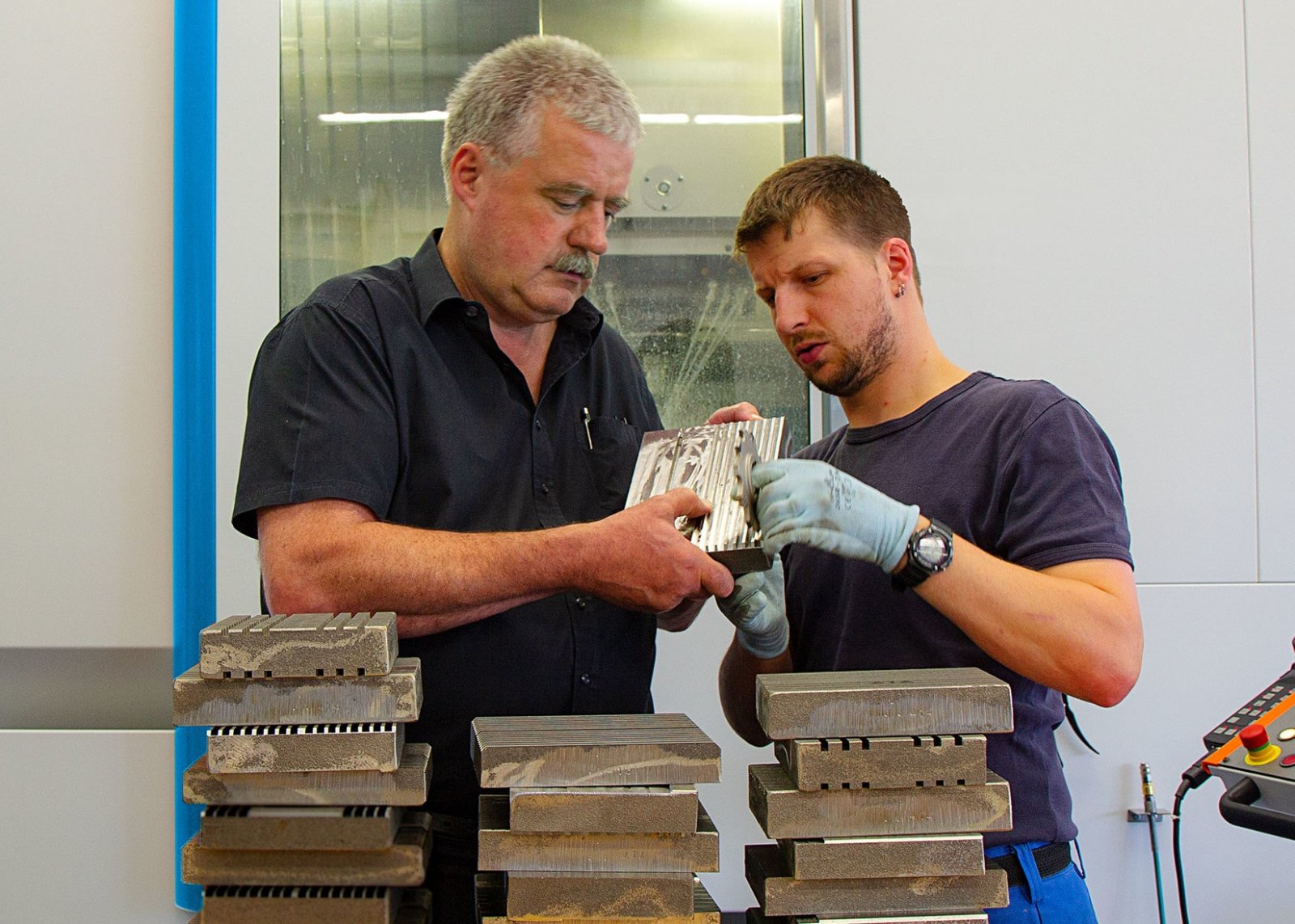
![Vasco 3000 maximise la durée de vie des outils et la productivité du constructeur automobile IMG_4878[51] -3024×3548-1091×1280](https://blaserdev.b-cdn.net/wp-content/uploads/2021/04/IMG_487851-3024x3548-1091x1280-1.jpg)
